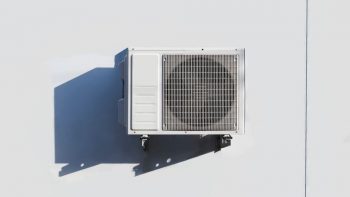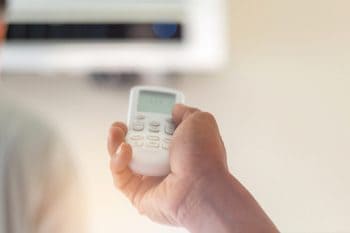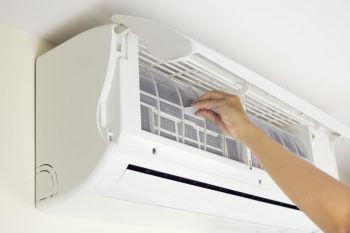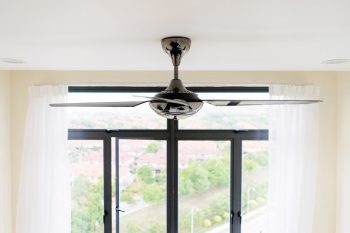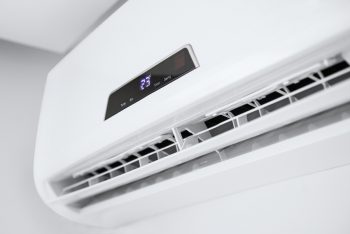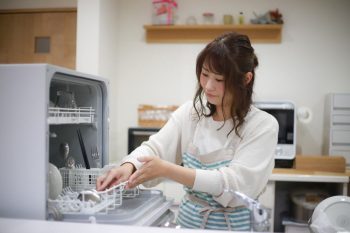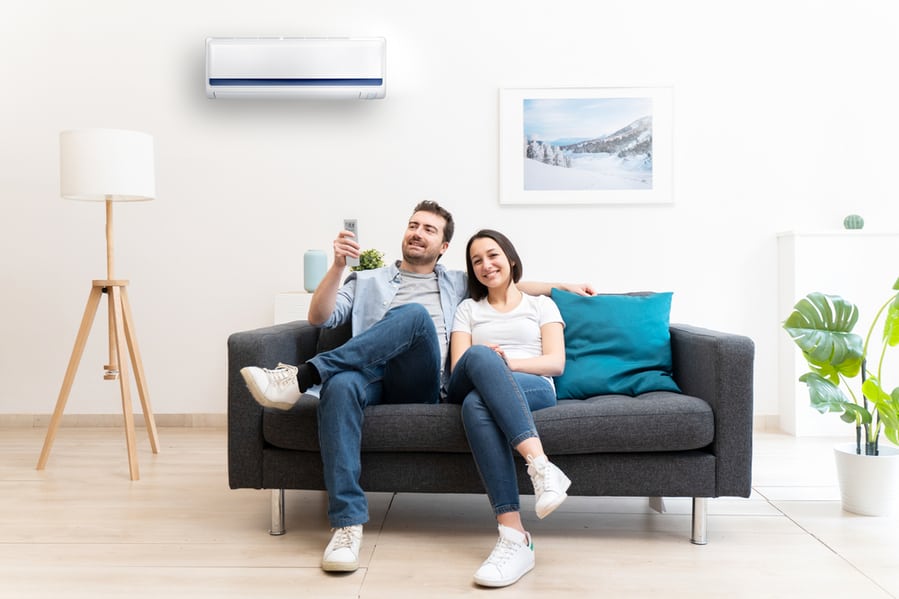
While 60% of all air conditioner users keep, their AC units turned on all year round, a population of homeowners prefers to turn on the cooling appliance just during the summer.
But even if you preserve its cooling power for those hot summer months, there’s no guarantee it won’t break down in the heat.
There are many reasons why your air conditioner might start to sputter and fail after you turn it on for the summer. What are those reasons? Keep reading to find out.
- It’s possible to reach the end of your air conditioner’s usable lifespan, which may result in poor performance or total failure.
- Air conditioners work harder to keep your room cool in the summer, causing motor malfunction.
- Dirt and dust accumulating in the filter can cause obstructions to proper airflow.
- Latent damage in your air conditioner could become full-blow problems as the unit is overworked under hot summer conditions.
Air conditioners are designed to operate even in dire conditions, but they have their limits. When your air conditioner reaches its breaking point, it will fail to function properly. As an owner, it’s your objective to prevent that from happening or to resolve it as soon as possible when it does.
4 Reasons Why ACs Break Down in the Summer
1. End of Usable Lifespan
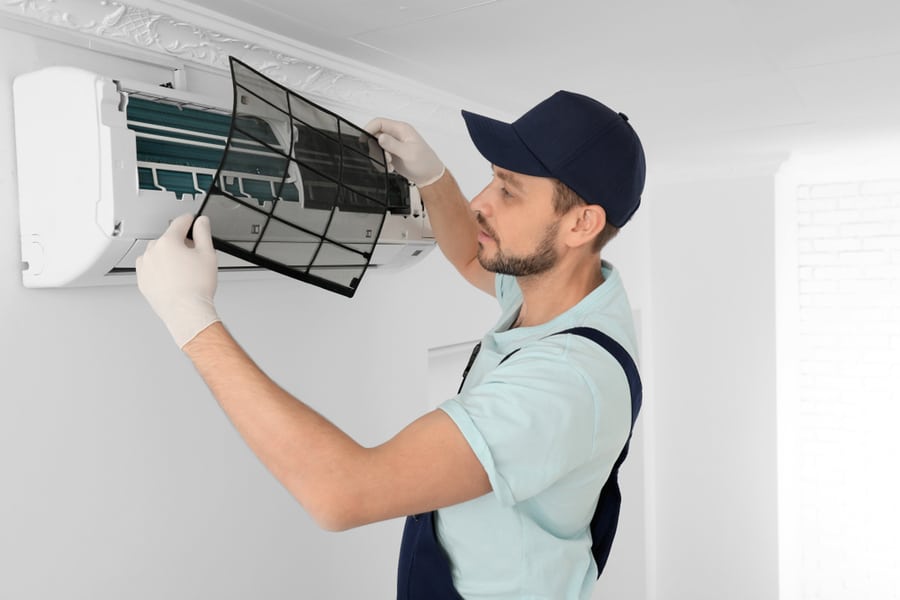
During the summer, your air conditioner could take longer to keep your home cool. So instead of going into periods of idle rest, it has to maintain a constant full-speed setting.
That’s because your warranty coverage tells you how long a manufacturer is willing to take the blame for malfunction. It’s like they’re saying, ‘any problems that occur after this point are the result of normal wear and tear.’
The average warranty for an air conditioner is about 10 years. Turning on a worn, tired, and old air conditioner during the summer might be the straw that breaks the camel’s back.
As the motor huffs and puffs in an attempt to cool your space, it’s overwhelmed with the work and therefore ends up breaking down entirely.
2. Overheating

Indoor temperatures during summer tend to soar, so your air conditioner must work double time to reach your set thermostat.
Typically, an air conditioner will cycle through full-speed and idle mode as it works to bring down your indoor climate. This is especially true with units that don’t use inverter technology.
The air conditioner’s motor goes full speed as it cools your space. But when it reaches the temperature on the thermostat, it goes into idle mode. You may notice your air conditioner hum back to life after a while.
This means it’s transitioning back to full speed from idle as it detects that your indoor climate is warmer than the intended thermostat.
During the summer, your air conditioner could take longer to keep your home cool. So instead of going into periods of idle rest, it has to maintain a constant full-speed setting.
This can overwork the motor and cause your air conditioner to overheat. The problem can even trip your circuit breaker.
3. Dirty Filters
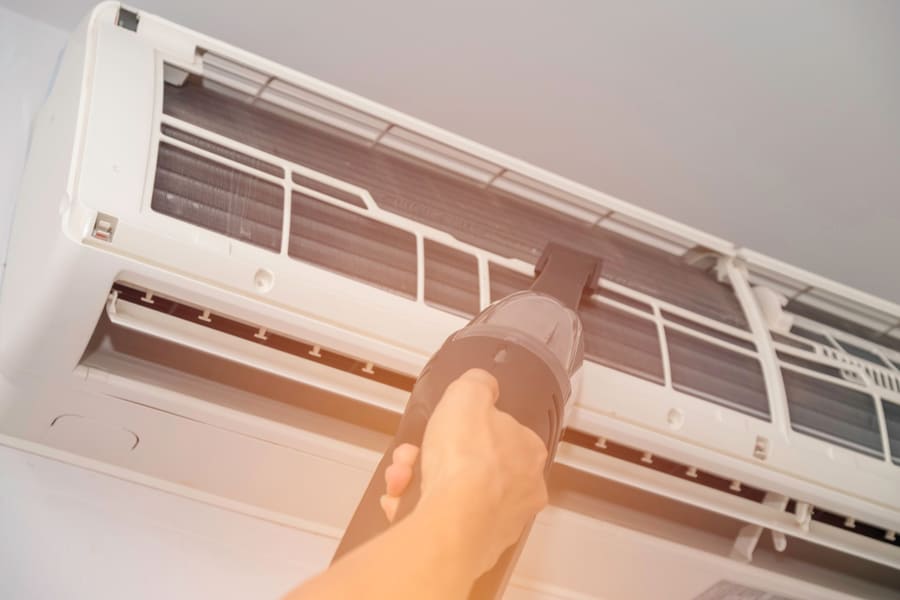
During the summer, the air tends to be more humid than usual. With high ambient humidity, dust particles more readily clump together.
And because your air conditioner sucks in dust and humidity, you can expect the combination to create a thick barrier as it passes through your filter.
As a result, you could find that your filters become blocked much faster. When that happens, airflow inside the air conditioner could become obstructed, leading to issues with heat exchange.
Because the evaporator coils don’t get enough warm air, they could freeze over and cause your AC to malfunction or to stop blowing out cool air entirely.
4. Damage or Malfunction
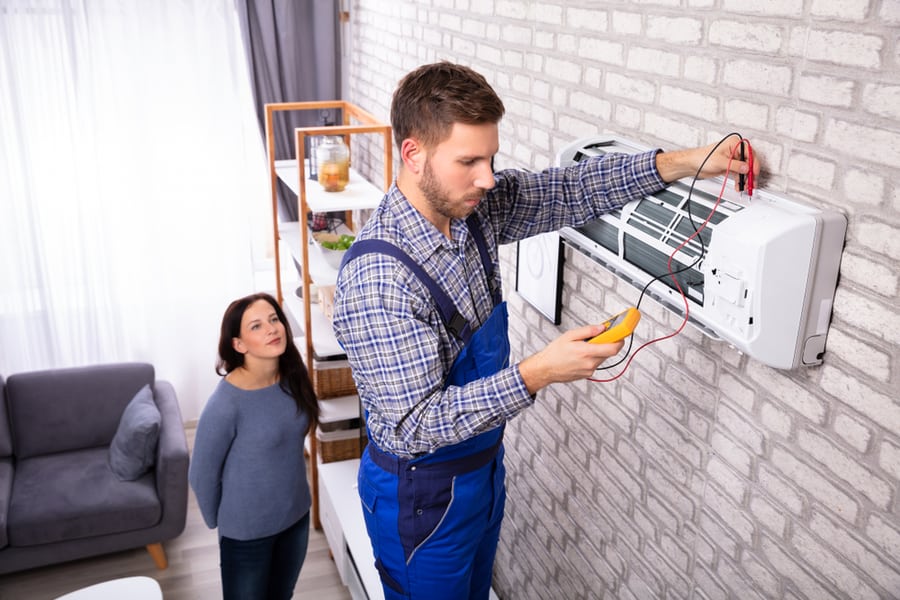
While these issues are not unique to the hot summer months, they’re more likely to happen in the heat because of the significant work that the summer demands from your air conditioner.
So while your AC might have coped fine during the past seasons, the summer heat can force the unit to work harder, thus turning latent damage into full-blow problems.
Some common damages you might find during the summer include:
- Issues with the fan
- Refrigerant leaks
- Blocked, clogged condensate drains
- Frozen condenser coils
HVAC specialists say your air conditioner should be serviced in the spring to prepare for the demanding summer months.
This keeps your system in proper condition and prevents breakdown from overwork and latent damages that could creep up on you during the summer.
Takeaway
The summer can be a challenging time for your air conditioner. So before the hot summer months come rolling in, ensure your air conditioner is serviced.
This can prevent damage and sustain its cooling performance when you need it the most.
Frequently Asked Questions
Will an Air Conditioner Struggle To Work on Hot Days?
Air conditioners are designed to operate in the heat because that’s their whole purpose — to cool a hot room. But that doesn’t mean they can work in limitless conditions.
Manufacturers place the temperature cap at 90 degrees Fahrenheit. If the ambient air is hotter than that, it’s strongly advised that you rest your air conditioner.
Can I Run My Air Conditioner All Day During the Summer?
As long as it’s properly maintained and in good working condition, there’s no reason you can’t.
Just ensure you don’t run your air conditioner when it’s over 90 degrees outside, and you should be able to enjoy its cooling comfort all day long, even during the summer.

